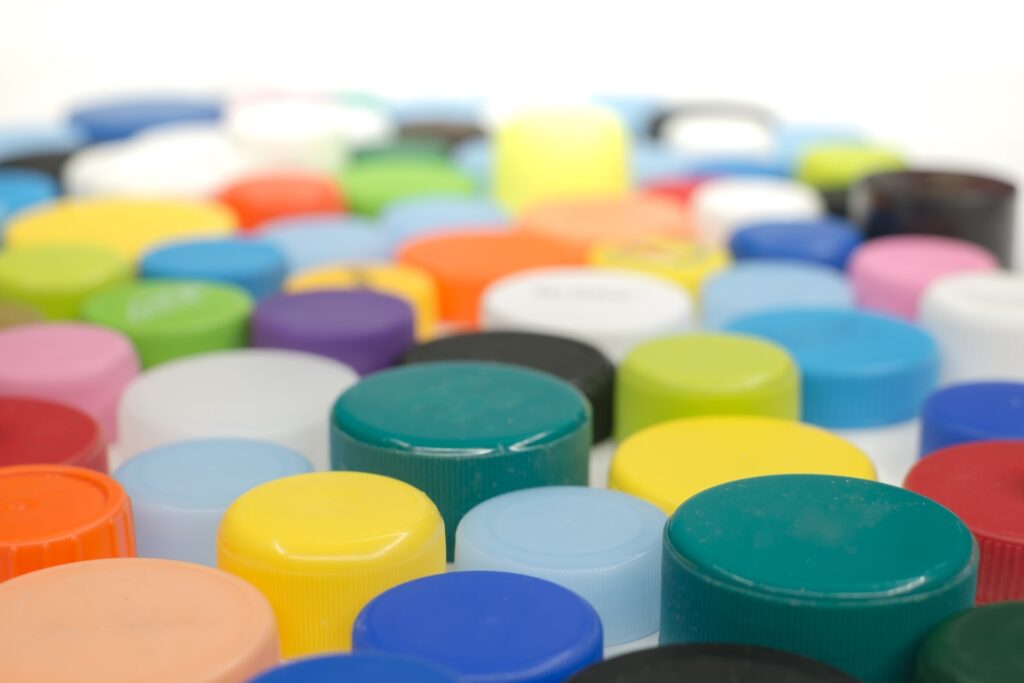China uses sunlight and seawater for plastic recycling
Researchers at the East China Normal University, Shanghai, believe they have developed a new approach to waste management which can offer a ‘closed loop’.
By utilising seawater and sunlight to recycle plastics, the process provides a low-cost, environmentally friendly and economically viable solutions to one of the biggest ecological crises the planet is currently facing.
Professor Jiang Xuefeng, of the School of Chemistry and Molecular Engineering at ECNU, made the discovery, using uranyl as catalyst – a nonradioactive uranium which is found in abundance in seawater, and can be easily extracted. By combining uranyl cation with sunlight at ambient room temperature, with ambient pressure, common plastics can degrade, allowing them to be used in other applications.
‘The entire process is not only environmentally friendly but also energy-saving and highly efficient,’ Professor Xuefeng told China Daily. ‘Previously, the natural decomposition of these plastics would take decades or event centuries… but with this method we can decompose them within a day or two, while obtaining commercial chemicals and monomers.’
It is now believed that this process could finally deliver a genuine closed loop for plastics recycling, allowing materials to be broken down while extracting useful compounds for further use, rather than allowing them to be wasted. The relatively low energy requirement is also a huge environmental advantage, with most recycling methods needing high levels of electricity to power.
The findings were first published in the paper Degradation of Plastic Wastes to Commercial Chemicals and Monomers Under Visible Light, which appeared on 29th July in Science Bulletin, an interdisciplinary journey from the Chinese Academy of Sciences and National Natural Science Foundation of China.
‘We aim to pus plastic degradation toward practicality and realism, achieving degradation in complex, real-life scnearios,’ said Jiang of the projects next steps, adding that bottles did not need to be emptied in order for the process to work. ‘Having water inside is not a problem, labels do not need to be removed, and the presence of pigments or adhesives does not affect the process. We have also achieved degradation of mixed plastics. We aim to turn plastic waste in landfills into valuable, reusable high-purity raw materials.’
More on plastic pollution:
UK Vaping Industry Association questions environmental review
Coca-Cola ‘tops’ plastic leaderboard as Extended Producer Responsibility delayed
Why won’t Defra release Deposit Return Scheme consultation details?
Image: Roberto Sorin













